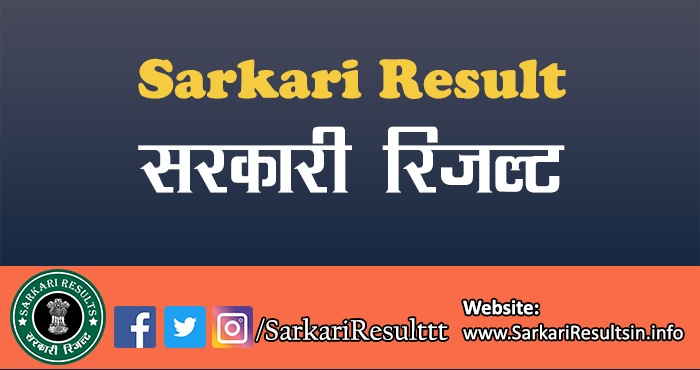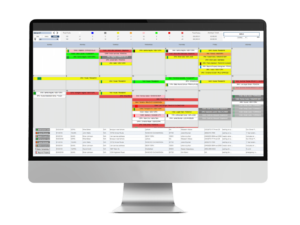In the competitive landscape of Sarkari exams in India, where thousands vie for limited positions, it’s not just about acing the written test; mastering the interview stage is equally crucial. While your knowledge and expertise are undoubtedly significant factors, your body language and non-verbal communication play an equally pivotal role in leaving a lasting impression on the interview panel.
Body language encompasses a spectrum of cues, from facial expressions to posture, gestures, and even eye contact. Understanding and harnessing these signals can significantly impact how you’re perceived during your Sarkari exam interview.
First impressions matter. As you enter the interview room, remember that your body language is already communicating before you utter a single word. Stand tall with confidence, shoulders back, and maintain a firm handshake as you greet the panel members. This initial display of confidence sets the tone for the rest of the interview.
Maintaining good posture throughout the interview is crucial. Slouching or fidgeting can convey nervousness or lack of interest, which can detract from your credibility. Sit upright, but not too rigidly, and lean slightly forward to demonstrate engagement and attentiveness.
Eye contact is a powerful tool in non-verbal communication. It establishes a connection with the interviewer and conveys sincerity and confidence. Avoiding eye contact can be interpreted as evasive or lacking in confidence. However, be mindful not to stare excessively, as it can come across as aggressive or confrontational.
Facial expressions are windows to your emotions. A genuine smile can instantly make you appear approachable and friendly. Conversely, frowning or scowling can create an aura of negativity. Maintain a pleasant expression, nodding occasionally to show understanding and agreement with the interviewer’s points.
Hand gestures can enhance your verbal communication by adding emphasis and clarity to your points. Use them sparingly and purposefully to accentuate key ideas, but avoid excessive or distracting movements that may detract from your message.
Mirroring is a technique often used in communication to establish rapport and build a connection with the other person. Subtly mirroring the interviewer’s body language can create a sense of familiarity and harmony, fostering a positive impression.
Space and proximity also play a role in non-verbal communication. Respect the interviewer’s personal space by maintaining an appropriate distance, neither invading nor standing too far away. Pay attention to their cues; if they lean in or maintain close proximity, it may indicate interest or engagement.
The tone and pitch of your voice convey additional layers of meaning beyond the words you speak. Speak clearly and confidently, modulating your voice to convey enthusiasm and conviction. Avoid speaking too softly, as it may be perceived as lacking in confidence or authority.
Effective listening is an often-overlooked aspect of communication. Demonstrate active listening by nodding, maintaining eye contact, and responding appropriately to the interviewer’s questions and prompts. Paraphrase or summarize their points to ensure mutual understanding and convey your interest in the conversation.
In high-pressure situations like Sarkari exam interviews, managing nerves is essential. Practice relaxation techniques such as deep breathing or visualization to calm your nerves and project confidence. Remember, the interview panel is not just evaluating your knowledge; they’re also assessing your demeanor and suitability for the role.
Finally, remember that authenticity is key. While mastering the art of body language and non-verbal communication can certainly enhance your interview performance, genuine sincerity and passion for the role will ultimately shine through. Be yourself, and let your enthusiasm and expertise speak for themselves.
In conclusion, mastering body language and non-verbal communication is a vital skill for success in Sarkari exam interviews. By understanding and harnessing these cues effectively, you can convey confidence, credibility, and professionalism, leaving a lasting impression on the interview panel. Combine these techniques with thorough preparation and genuine enthusiasm, and you’ll be well-equipped to ace your Sarkari exam interview and secure the coveted position.



















